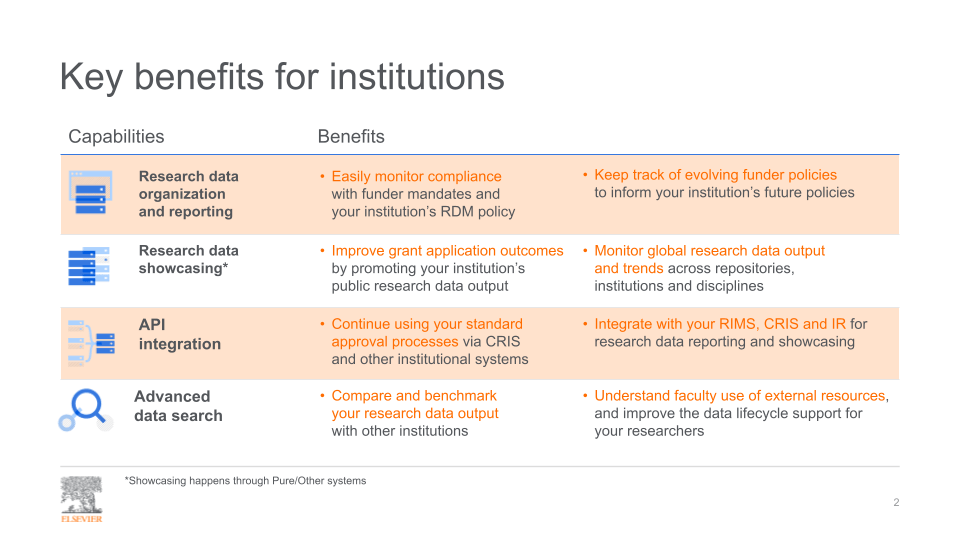
PILOT
Data Monitor
Status: Pilot completed, Running as a service
The Participating Institutions
VU, University of Amsterdam (UvA), Amsterdam UMC, University of Groningen, Utrecht University, UMCU, TU Delft, TU Eindhoven, University of Twente, Wageningen University & Research (WUR), Universiteit Leiden, Tilburg University, Maastricht University, Open University, Erasmus University Rotterdam, DANS, Universiteit voor Humanistiek (UvH) and Amsterdam University of Applied Sciences (HvA).
Launched in March 2021 initially with help from Groningen University and VU, this pilot supports the FAIR data principles by finding and making accessible research data sets, which are important first steps in making research data re-usable and research reproducible.
Institutions face the challenge of keeping track (mostly by manual means) of the thousands of datasets their researchers deposit in external generalist and domain-specific repositories. The Data Monitor pilot helps solve this challenge for university administrators by ensuring visibility of published research data sets and providing advanced mapping to the location of the research data sets. See also DataMonitor case study
How the pilot works
- Automatically inventories where datasets are located, provided the public data can be tracked (on generalist, domain or institutional (data) repositories or shared privately)
- Tracks metadata of these research data sets, particularly the description, authors, and related research article.
- Integrates with the partner’s CRIS to automatically upload this metadata as part of the standard institutional CRIS curation process.
- Integrates more than 20 million research data records from 1700+ generalist and domain specific repositories.
Support of open science and benefits for researchers and institutions
A crucial factor of open science is that institutions are on top of their data. Data needs to be complete and of good quality. This pilot for future open science service provides the ability to more easily track and therefore make more visible research datasets, which supports reproducibility and transparency in research, and enables researchers to share research with their peers, while also solving a key pain point for university administrators. It helps institutions to better track and report on open data, check Data Management Plans (DMPs) compliance, showcase performance.
Data Monitor therefore solves a specific subset of data management needs, whilst reducing the burden on administrators.
Data Monitor Objectives
To evaluate success, the following key promise indicators were established for this pilot:
- The number of research datasets correctly attributed to the Institution is at least twice the number than what was possible with tools and processes in use before.
- Lowering the burden for institutions/researchers. The amount of work and time spent on collecting research dataset metadata and feeding them into other systems, for reporting and showcasing purposes, is lower than was required before.
Relevant links
- Data Monitor Framework Template
- Data Monitor Statement of Work
- Pilot evaluation overview
- Pilot evaluation document
- Information on Elsevier.com
- DataMonitor case study
- Data Monitor pilot: one step closer to FAIR
For more information on how to participate in this pilot, please reach out to Guillaume Warnan, or contact us.





